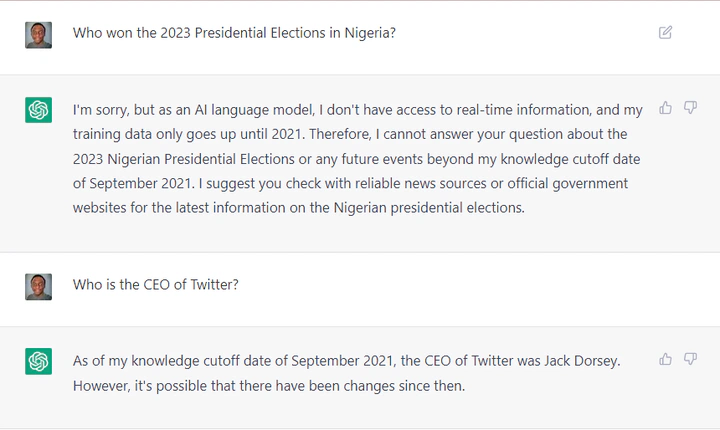Introducing Langchain - Connect and Amplify the Power of LLMs
 Image credit
Image credit👋🏾
As many of us know, ChatGPT is a powerful tool that can provide insights and answers to a wide range of questions. However, it’s important to note that there are some limitations to its capabilities. At present, ChatGPT’s training data only goes up to 2021, which means that it cannot provide information on events that have not yet occurred.
When prompted with questions that fall outside of its knowledge base, ChatGPT will politely respond with a message like: “I’m sorry, but as an AI language model, I don’t have access to information about events that have not yet happened. My training data only goes up to 2021, and I do not have any ability to predict the future.”
So, what can we do when our prompt involves events that happened beyond 2021?
Enter Langchain - a library designed to facilitate the development of applications that involve language models (LLMs) like OpenAI’s GPT-3, Anthropic’s Claude, Cohere, and others.
Langchain not only enables you to prompt these LLMs, but it also provides you with the ability to link them to external services like Google Search and more using Langchain’s “Agents”.
While these LLMs have impressive standalone capabilities, connecting them to external services amplifies their power even further. With Langchain, we are one step closer to realizing a vast range of possibilities for applications that leverage these advanced AI tools. The only limit to what we can accomplish is our imagination.
Code for demo: LangChain-Streamlit Demo